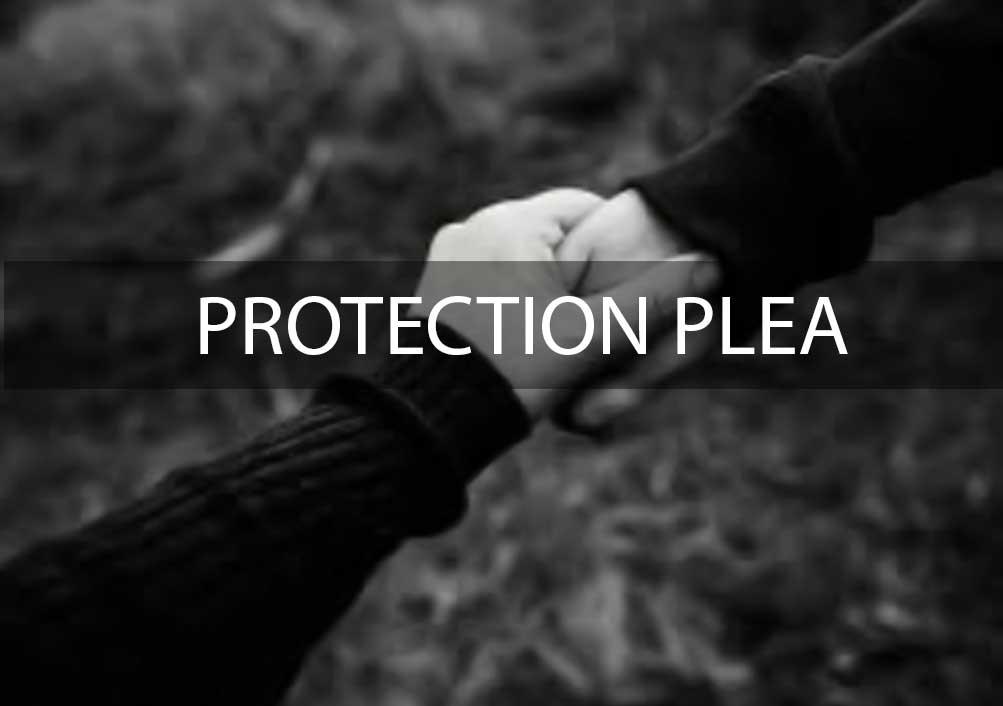In CRWP-4837-2022-PUNJ HC- Even if petitioners are living in “Live-in Relationship”, they are entitled to protection of life and liberty: P&H HC Justice Vikas Bahl [20-05-2022]

Read Order: Jyoti Thapa and Another v. State of Punjab and Others
Monika Rahar
Chandigarh, May 23, 2022: While adjudging that even if the petitioners were living in a “Live in Relationship”, they were entitled to the protection of life and liberty, the Punjab & Haryana High Court has directed the respondent-authorities to look into the representations of the petitioners and to take appropriate action in accordance with the law after having assessed the threat perceptions to the petitioners.
Also, while highlighting that the protection of life and liberty is a basic feature of the Constitution of India, Single Judge Bench of Justice Vikas Bahl asserted, “Every person, more so, a major, has the right to live his / her life with a person of his / her choice at any rate, whenever this Court, prima-facie, is satisfied that on account of some relatives/ persons being unhappy with the relationship between the petitioners, could cause harm to the life and liberty of the petitioners, then in such circumstances, the Courts are required to pass necessary directions for their protection.”
The Court was dealing with a Criminal Writ Petition under Article 226 of the Constitution of India for the issuance of directions to respondent authorities to provide protection to the petitioners from the private respondents.
Both the petitioners were in a “Live-in-relationship” and both of them claimed to be adults (above the age of 18- years). The first petitioner was not divorced and was having a subsisting marriage with one Tul Bdr (her husband). The petitioners intended to marry each other after the finalization of the divorce of the first petitioner with her husband.
In order to support his plea for the grant of protection to the petitioners who were in a “Live-in-relationship”, the petitioners’ counsel relied upon Pardeep Singh and another vs. State of Haryana and others to content that the Court, in this case, granted protection where the petitioners were living in “Live in Relationship”.
Further, the counsel relied upon an order passed by a coordinate Bench of the High Court itself Paramjit Kaur and another vs. State of Punjab and others as per which although the divorce petition filed by one of the petitioners therein was dismissed, the Court had granted protection to the petitioners.
Also, it was the case of the petitioners’ counsel that the petitioners submitted a representation with the Police authorities and that they would be satisfied in case the second respondent was directed to look into the said representation and after considering threat perception to the petitioners, to take appropriate action.
The Court, after considering the ratio of Pardeep Singh’s Case (supra), was of the view that even if the petitioners were living in a “Live in Relationship”, they were entitled to the protection of life and liberty.
With respect to the aspect of the first petitioner not being divorced, the Court made reference to a judgment of the Division Bench of the High Court itself in “Ishrat Bano and another vs. State of Punjab and others” wherein it was held that the Division Bench after considering the aspect of protection of life and liberty being of paramount consideration and without getting into the issue as to whether the relationship between the parties was legal or not, even in spite of the fact that there is a criminal case registered against the parties therein, however, granted them protection.
In view of the above, the Court expounded that the protection of life and liberty is a basic feature of the Constitution of India; every person, more so, a major, has the right to live his / her life with a person of his/her choice at any rate, whenever this Court, prima-facie, is satisfied that on account of some relatives/ persons being unhappy with the relationship between the petitioners, could cause harm to the life and liberty of the petitioners, then in such circumstances, the Courts are required to pass necessary directions for their protection.
Keeping in view the above said facts and circumstances and without commenting upon the legality of the relationship or expressing any opinion on the merits of the case, the Court deemed it appropriate to,
“dispose of the present petition with a direction to respondent no.2 to consider the representation… and to assess the threat perception to the petitioners and after considering the same, respondent No.2 shall take appropriate action in accordance with the law.”
Sign up for our weekly newsletter to stay up to date on our product, events featured blog, special offer and all of the exciting things that take place here at Legitquest.




Add a Comment